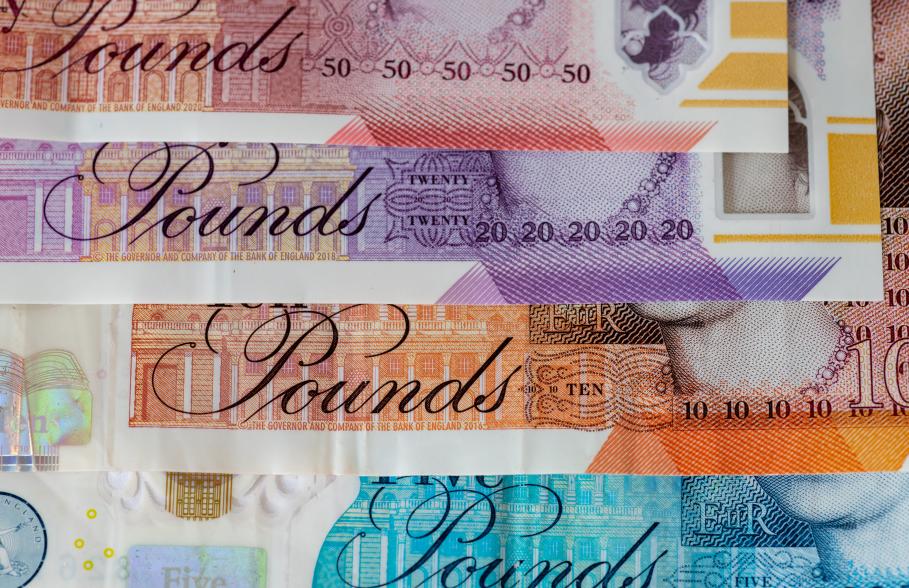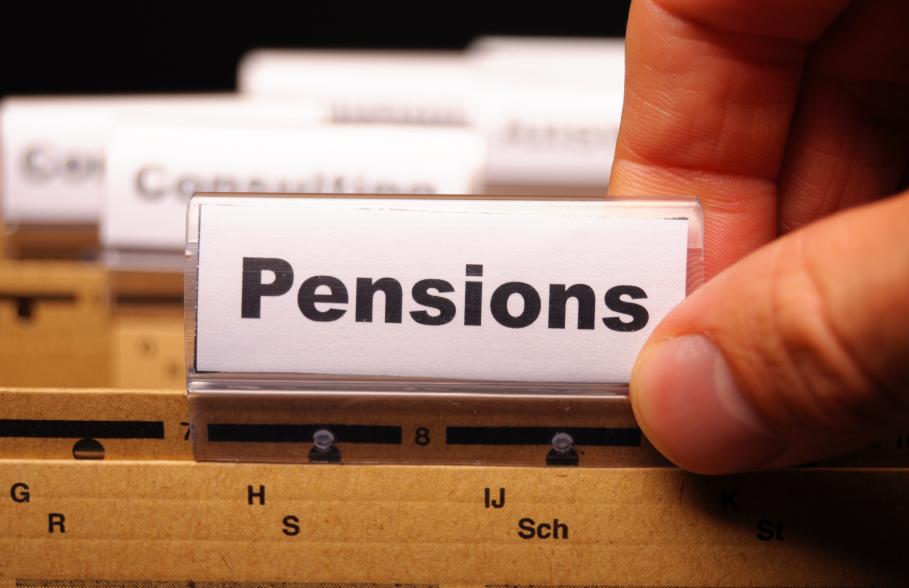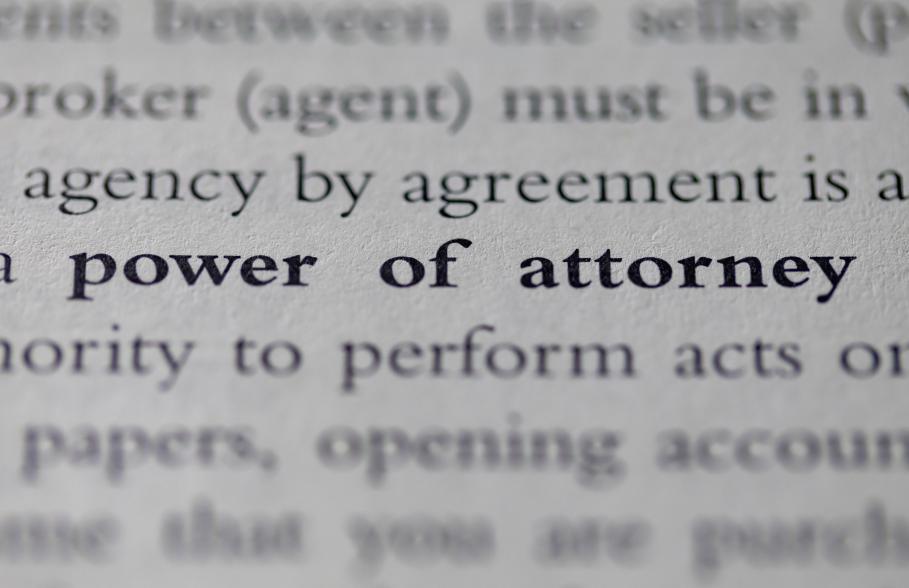Statutory Sick Pay (SSP)
If you are too ill to work, you will receive SSP if you normally earn more than the Lower Earnings Limit. SSP is treated as part of your earnings, or basic pay so you will keep earning pension while you receive SSP. During sick leave, any contributions you pay will be based on your actual earnings. If your SSP is less than your usual pay, your contributions will go down too. Unless there is something in your employment contract that sets a contribution rate, or your employer agrees to pay more, their contributions will decrease as well. This means you will build up pension at a slower rate until you come back from SSP.
Unpaid leave
You will still be covered for life cover while you receive SSP. Once your SSP runs out, it is up to your employer whether contributions continue. If you take a break from work which is unpaid, your employer may stop paying pension contributions. You need to discuss this with your employer to find out the policy that applies in your organisation. If you take a break from work which is unpaid, your employer may stop paying pension contributions. Discuss with them what their policy is. If contributions stop, you will stop building up pension until your pay starts again. Your life cover will continue.
Serious ill health
If you are unlikely to be able to work again because of your health, you might be able to take your pension early, regardless of your age. If your life expectancy is less than 12 months, we might be able to pay your whole pension as a lump sum.




